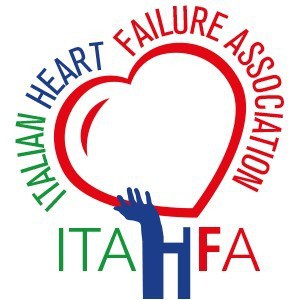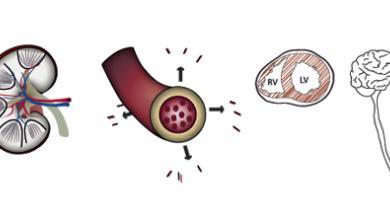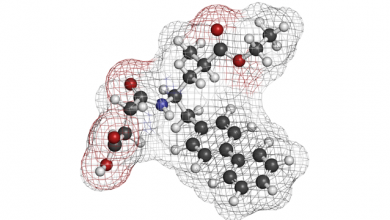Search results
Author(s):
Juan Tamargo
Added:
3 years ago
Chronic heart failure (HF) is a complex and progressive clinical syndrome resulting from any abnormality of cardiac structure or function. The American College of Cardiology Foundation/American Heart Association guideline defines HF as ‘a complex clinical syndrome that results from any structural or functional impairment of ventricular filling or ejection of blood’.1 The European Society of…
View more
Author(s):
Sam Hayman
,
John J Atherton
Added:
3 years ago
Heart failure (HF) is associated with significant morbidity and mortality and confers a major economic burden.1 Large randomised controlled trials (RCTs) have demonstrated that inhibition of the renin–angiotensin– aldosterone and sympathetic nervous systems improve outcomes in patients with HF and a reduced left ventricular ejection fraction (HFrEF) (see Figure 1),2–9 with clinical guidelines…
View more
Author(s):
Noel S Lee
,
Lori B Daniels
Added:
3 years ago
Today, natriuretic peptides are ubiquitously utilized for the diagnosis, treatment, and prognostication of heart failure in the Emergency Department, as well as inpatient and outpatient settings alike.1–5 These endogenous hormones counteract some of the most detrimental effects of heart failure. Given their clinical and physiological importance, the fact that a manuscript describing the…
View more
Foreword
Author(s):
Andrew JS Coats
,
Giuseppe Rosano
Added:
3 years ago
Article
Author(s):
Mauro Gori
,
James L Januzzi
,
Emilia D’Elia
,
et al
Added:
3 years ago
Author(s):
Thomas G von Lueder
,
Dipak Kotecha
,
Dan Atar
,
et al
Added:
3 years ago
Heart Failure (HF) constitutes a major global health problem, evidenced by substantial morbidity and mortality, requiring enormous healthcare-related expenditure. HF is associated with high symptomatic burden, and with a relentless and progressive clinical course towards end-stage disease. A large body of epidemiological data suggests that the prognosis in HF is as poor as in advanced cancer.1…
View more
Author(s):
Bao Tran
,
Gregg C Fonarow
Added:
3 years ago
Heart failure (HF) remains a major public health problem resulting in substantial morbidity, mortality and healthcare expenditures globally. The European Society of Cardiology (ESC) 2012 Guidelines for the Diagnosis and Treatment of Acute and Chronic Heart Failure and the American College of Cardiology Foundation (ACCF)/American Heart Association (AHA) 2013 Guideline for the Management of Heart…
View more
Author(s):
Veronika Zach
,
Felix Lucas Bähr
,
Frank Edelmann
Added:
4 years ago
Heart failure (HF) is a chronic, progressive disease with steadily increasing incidence rates and high morbidity and mortality that represents a major challenge in healthcare worldwide.1–3 The disease is characterised by chronic exacerbations, recurrent hospitalisations and poor prognosis.1,2 Survival rates in HF patients are lower than in patients suffering from some malignant diseases,…
View more
Neprilysin as a Biomarker
Author(s):
Noemi Pavo
,
Suriya Prausmüller
,
Philipp E Bartko
,
et al
Added:
3 years ago
Article
Author(s):
Frans H Rutten
,
Joe Gallagher
Added:
3 years ago
“I cannot keep pace with my husband. Is it simply ageing, overweight and my sedentary lifestyle?” This is a common encounter in primary care, bearing in mind that around 16 % of older community-dwelling people experience at least grade 3 shortness of breath according to the Medical Research Council questionnaire (“walk slower than people of the same age because of breathlessness or have to stop…
View more














